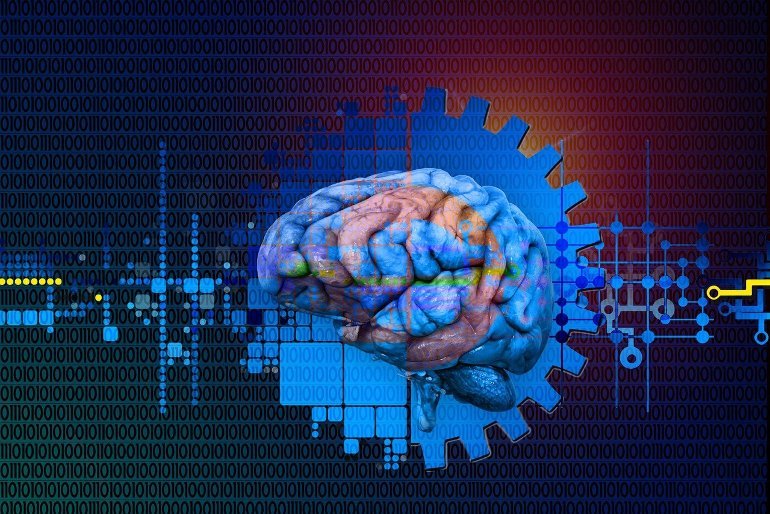AI Can Predict Possible Alzheimer’s With Nearly 100 Percent Accuracy
- by 7wData

A new AI algorithm can predict the onset of Alzheimer’s disease with an accuracy of over 99% by analyzing fMRI brain scans.
Researchers from Kaunas University, Lithuania developed a Deep learning-based method that can predict the possible onset of Alzheimer’s disease from brain images with an accuracy of over 99 percent. The method was developed while analyzing functional MRI images obtained from 138 subjects and performed better in terms of accuracy, sensitivity, and specificity than previously developed methods.
According to World Health Organisation, Alzheimer’s disease is the most frequent cause of dementia, contributing to up to 70 percent of dementia cases. Worldwide, approximately 24 million people are affected, and this number is expected to double every 20 years. Owing to societal aging, the disease will become a costly public health burden in the years to come.
“Medical professionals all over the world attempt to raise awareness of an early Alzheimer’s diagnosis, which provides the affected with a better chance of benefiting from treatment. This was one of the most important issues for choosing a topic for Modupe Odusami, a PhD student from Nigeria”, says Rytis Maskeliūnas, a researcher at the Department of Multimedia Engineering, Faculty of Informatics, Kaunas University of Technology (KTU), Odusami’s PhD supervisor.
One of the possible Alzheimer’s first signs is mild cognitive impairment (MCI), which is the stage between the expected cognitive decline of normal aging and dementia. Based on the previous research, functional magnetic resonance imaging (fMRI) can be used to identify the regions in the brain which can be associated with the onset of Alzheimer’s disease, according to Maskeliūnas. The earliest stages of MCI often have almost no clear symptoms, but in quite a few cases can be detected by neuroimaging.
However, although theoretically possible, manual analyzing of fMRI images attempting to identify the changes associated with Alzheimer’s not only requires specific knowledge but is also time-consuming – application of Deep learning and other AI methods can speed this up by a significant time margin. Finding MCI features does not necessarily mean the presence of illness, as it can also be a symptom of other related diseases, but it is more of an indicator and possible helper to steer toward an evaluation by a medical professional.
“Modern signal processing allows delegating the image processing to the machine, which can complete it faster and accurately enough. Of course, we don’t dare to suggest that a medical professional should ever rely on any algorithm one-hundred-percent. Think of a machine as a robot capable of doing the most tedious task of sorting the data and searching for features. In this scenario, after the computer algorithm selects potentially affected cases, the specialist can look into them more closely, and at the end, everybody benefits as the diagnosis and the treatment reaches the patient much faster”, says Maskeliūnas, who supervised the team working on the model.
We need to make the most of data
The deep learning-based model was developed as a fruitful collaboration of leading Lithuanian researchers in the Artificial Intelligence sector, using a modification of well-known fine-tuned ResNet 18 (residual neural network) to classify functional MRI images obtained from 138 subjects.
[Social9_Share class=”s9-widget-wrapper”]
Upcoming Events
Evolving Your Data Architecture for Trustworthy Generative AI
18 April 2024
5 PM CET – 6 PM CET
Read MoreShift Difficult Problems Left with Graph Analysis on Streaming Data
29 April 2024
12 PM ET – 1 PM ET
Read More




